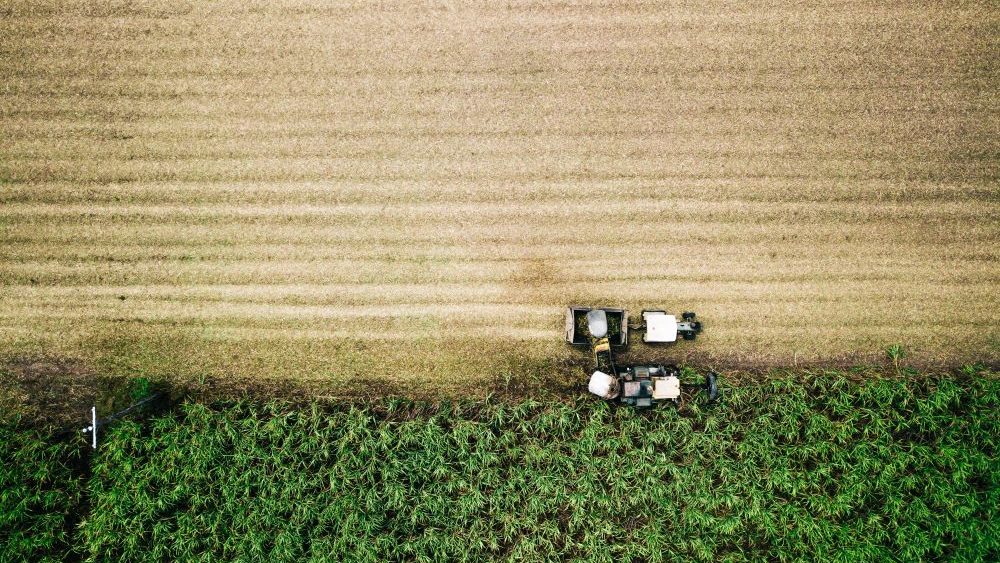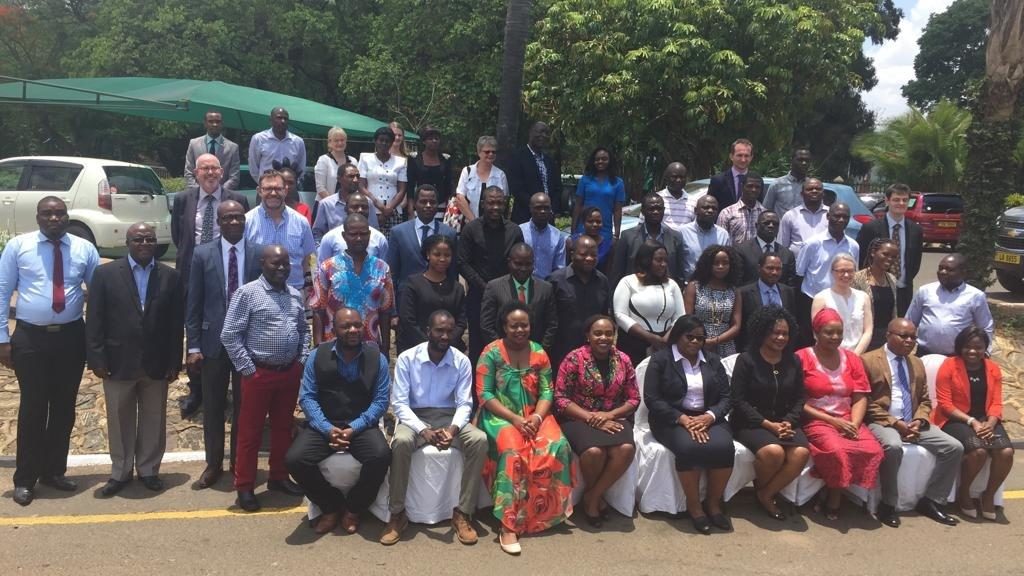By Dr Stewart Jennings, Research Fellow, University of Leeds
The integrated Future Estimator for Emissions and Diets (iFEED) provides integrated evidence to shape policies towards climate smart nutrition security. As well as looking at future food production, iFEED includes modelling of emissions, climate extremes and trade and nutrition analysis. This is supplemented by expert knowledge to nuance conclusions and ensure that no important areas are missing from iFEED.
Through conversations with our in-country project partners, we identified a range of crops to focus on in AFRICAP, and the final simulated crops in iFEED reflect these choices and available crop models. We assess the production of a wider range of crops in the future, assuming average climate impacts where the more detailed model simulations are not available. Livestock production changes are projected using future available livestock feed and the observed relationships between livestock feed and livestock production. Taken together, assessing such a wide range of food commodities allows us to say something meaningful about future nutrition security.

Many decisions need to be made when attempting to model future food production. One of the more interesting decisions concerns what level of yield trends due to technological or management improvements are likely to continue. For example, over the past 50 years, crop yields globally have improved substantially, despite climate changes. Modelling climate impacts on yields is not enough; we need to factor in likely technological improvements to yields or future yield estimates will likely be underestimates.
Enter AFRICAP’s scenario approach to give us guidance – while it’s clearly highly uncertain how much technology will improve to bolster future yields, the scenarios approach allows us to explore a range of plausible outcomes, so policies can be developed that are robust to the range of possible futures to food production.

Land use is central to future food security; even if yields fall, with expansions to crop area production can be sustained or even enhanced. Any potential expansions to agricultural area need to be viewed in the context of potential increasing emissions and impacts to protected areas and biodiversity. The strength of iFEED is to be able to evaluate these trade-offs using clearly articulated assumptions and simple, plausible scenarios of future land. All of this will be viewable on an online results portal to assist in policy engagement.
Despite changing names a few times (who could forget DIMCool?) the vision of iFEED has never faltered – from the start, iFEED was designed to be more than a standard integrated modelling framework, putting people rather than models at the centre of projections of agricultural futures.
About the Author

Dr Stewart Jennings joined the GCRF-AFRICAP project in 2018. He focusses on crop-climate, land use and livestock modelling, as well as coordinating stakeholder-driven elements of iFEED.
Stewart works principally on crop modelling using the General Large Area model for annual crops (GLAM) and has previously focussed on potato modelling. Currently, he studies a range of crops in sub-Saharan Africa, including maize, soybean and groundnut. Previous work has also featured analyses of climate change impacts on pest and diseases, as well as the differences in model skill when using different levels of parameter detail and spatial scales of input data.
Stewart holds a BSc in Biological Sciences from the University of Oxford and a MSc in Quantitative Biology from Imperial College London. He completed his PhD at the University of Leeds in 2013, working on the abiotic and biotic impacts of climate change on potato yields globally.
